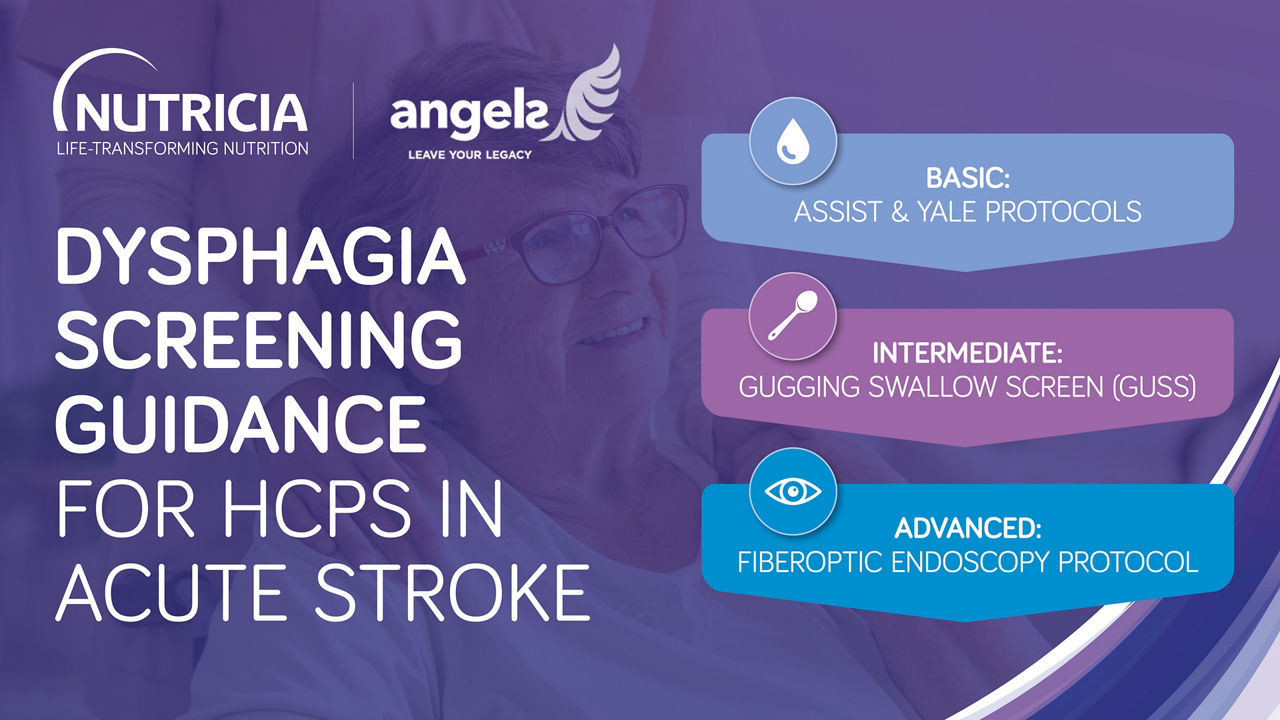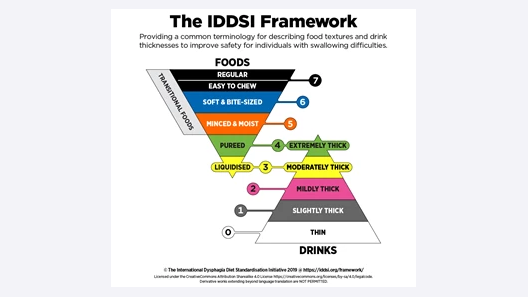Nutricia welcomes publication of consensus paper on nutrition management across the stroke continuum of care
A recently published consensus paper on nutrition management across the stroke continuum of care shows that appropriate screening, assessment and medical nutrition is necessary to optimise clinical outcomes and recovery after stroke.
Stroke survivors have nutritional challenges at many stages along their care pathway, and the impact of malnutrition and the role of medical nutrition in stroke recovery is often overlooked. Developed by authors from multidisciplinary fields in stroke care, this consensus aims to raise awareness amongst all health professionals who manage and support the stroke survivor along their care pathway, hospital, and community care decision makers.
A range of complications arising in the post-stroke setting include malnutrition, dysphagia, sarcopenia, and pressure injuries, all of which can be either prevented or improved by timely appropriate nutritional therapy. Nutritional intervention also improves physical and mental function, increasing strength and mobility to facilitate neurorehabilitation, reduce the risk of infection, promote wound healing, and improve quality of life.
This consensus paper also aims to raise awareness amongst all health professionals who manage and support stroke survivor along their care pathway, as well as hospital and community care decision-makers. It is important the stroke multidisciplinary team understands the key role of nutrition in the recovery journey. An appropriately trained nutrition specialist or dietitian should assess and monitor the individual, but all members of the multidisciplinary team have a role in delivering, monitoring, and supporting the nutritional status and changing needs of the stroke survivor.



